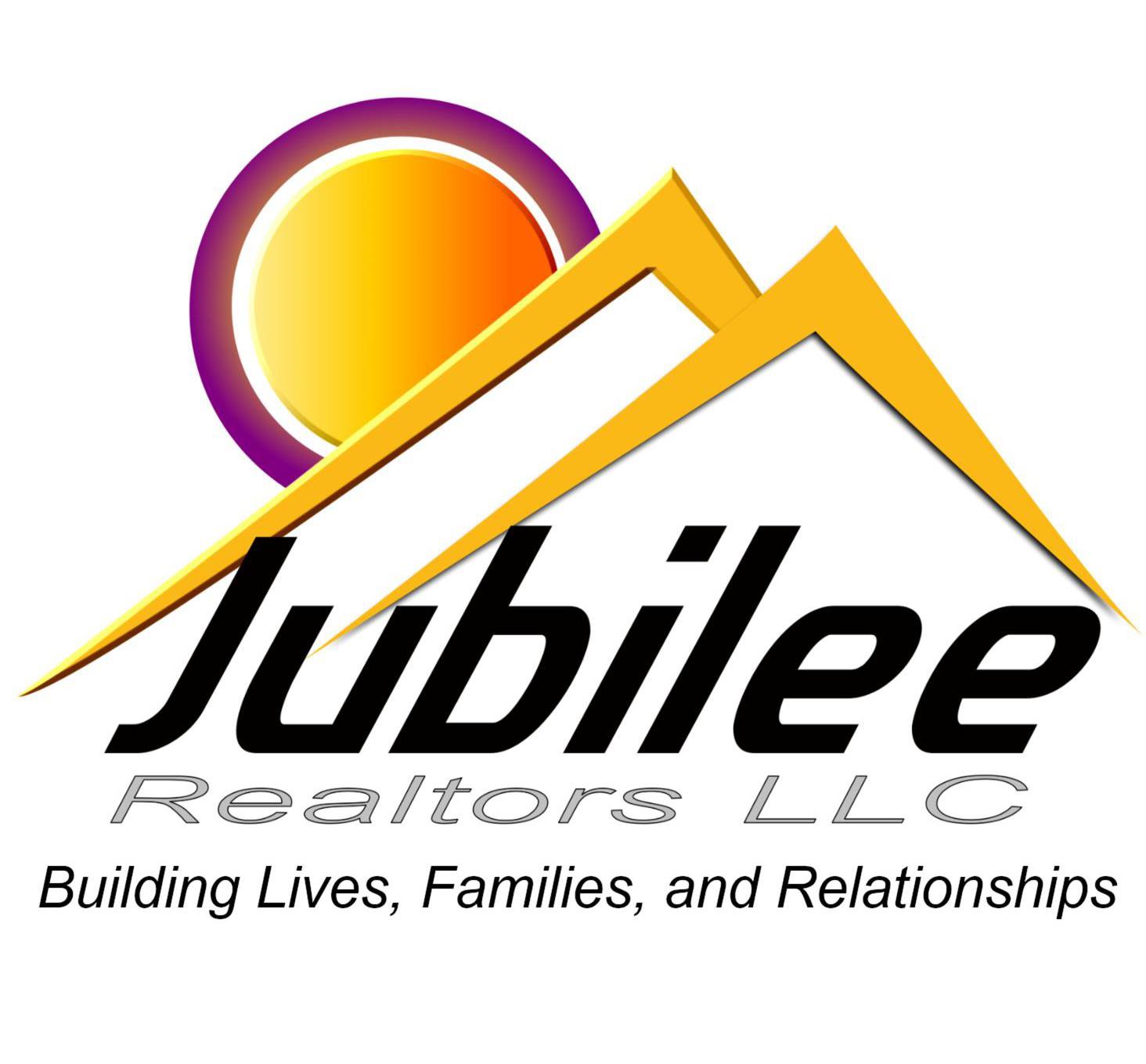Steps to Successfully Apply for a Mortgage
- Jubilee Realtors

- Oct 20, 2025
- 4 min read
Applying for a mortgage can feel overwhelming, especially if it’s your first time. However, understanding the process and preparing in advance can make the journey smoother and increase your chances of approval. This guide breaks down the essential steps and mortgage application tips to help you navigate the process confidently.
Understanding the Mortgage Process
Before diving into the application, it’s important to understand what a mortgage is and how the process works. A mortgage is a loan specifically for purchasing real estate. The lender provides the funds, and you repay it over time with interest.
The mortgage process typically involves:
Pre-qualification: A quick assessment of your financial situation to estimate how much you can borrow.
Pre-approval: A more detailed review where the lender verifies your income, credit, and assets.
Application: Submitting a formal request for a mortgage.
Processing and underwriting: The lender reviews your application and decides whether to approve the loan.
Closing: Finalizing the loan and transferring ownership.
Knowing these stages helps you prepare the necessary documents and understand what to expect at each step.

Mortgage Application Tips for a Smooth Approval
To improve your chances of mortgage approval, consider these practical tips:
1. Check Your Credit Score Early
Your credit score is a key factor lenders use to assess risk. Obtain your credit report from major bureaus and check for errors. Aim for a score above 620 for conventional loans, though higher scores get better rates.
2. Save for a Down Payment
Most lenders require a down payment, typically 3% to 20% of the home price. The larger your down payment, the lower your monthly payments and the better your loan terms.
3. Reduce Debt Before Applying
Lenders look at your debt-to-income ratio (DTI). Paying down credit cards and loans improves your DTI and strengthens your application.
4. Gather Financial Documents
Prepare recent pay stubs, tax returns, bank statements, and proof of assets. Having these ready speeds up the process.
5. Avoid Major Financial Changes
Don’t open new credit accounts or make large purchases before or during the mortgage process, as this can affect your credit and debt ratios.
6. Shop Around for Lenders
Compare rates, fees, and customer service from multiple lenders. Getting multiple quotes can save you thousands over the life of the loan.

What are the first steps of applying for a mortgage?
Starting your mortgage application can be straightforward if you follow these initial steps:
1. Assess Your Financial Health
Calculate your monthly income, expenses, and debts. Use online mortgage calculators to estimate what you can afford.
2. Get Pre-Qualified
Contact lenders for a pre-qualification. This informal step gives you an idea of your borrowing power without a hard credit check.
3. Get Pre-Approved
Submit detailed financial information to a lender for pre-approval. This shows sellers you are a serious buyer and can speed up closing.
4. Choose the Right Mortgage Type
Decide between fixed-rate, adjustable-rate, FHA, VA, or other loan types based on your financial situation and goals.
5. Find a Real Estate Agent
A knowledgeable agent can guide you through home shopping and negotiate on your behalf.
Taking these first steps carefully sets a strong foundation for your mortgage application.

How to Prepare for the Mortgage Interview
Once you submit your application, the lender may schedule an interview or request additional information. Here’s how to prepare:
Be Honest and Transparent: Provide accurate information about your income, employment, and debts.
Have Documentation Ready: Bring identification, proof of income, tax returns, and bank statements.
Explain Any Credit Issues: If you have past credit problems, be ready to explain the circumstances and how you’ve improved.
Ask Questions: Clarify loan terms, interest rates, and any fees you don’t understand.
Being prepared helps build trust with your lender and can speed up approval.
Tips for After Your Mortgage is Approved
Approval is a major milestone, but there are still important steps to complete:
Review the Loan Estimate: Compare the final terms with your initial estimate to ensure there are no surprises.
Schedule the Home Inspection: Protect your investment by having a professional inspect the property.
Prepare for Closing Costs: These can include appraisal fees, title insurance, and escrow deposits.
Keep Your Finances Stable: Avoid making large purchases or changing jobs before closing.
Understand Your Mortgage Payments: Know when payments are due, how to set up automatic payments, and what to do if you face financial hardship.
Following these tips helps ensure a smooth transition to homeownership.
Final Thoughts on Navigating Your Mortgage Journey
Successfully applying for a mortgage requires preparation, patience, and attention to detail. By following these steps and mortgage application tips, you can reduce stress and increase your chances of approval. Remember, every financial situation is unique, so take the time to research and consult professionals when needed.
If you’re ready to start the process, consider applying for a mortgage with a trusted lender who can guide you every step of the way. With the right approach, your dream home is within reach.



Comments